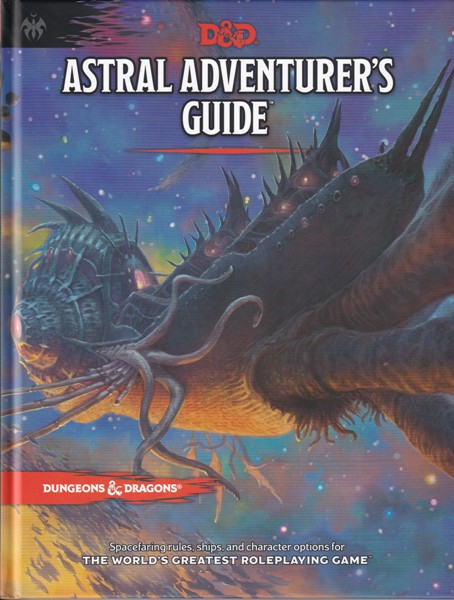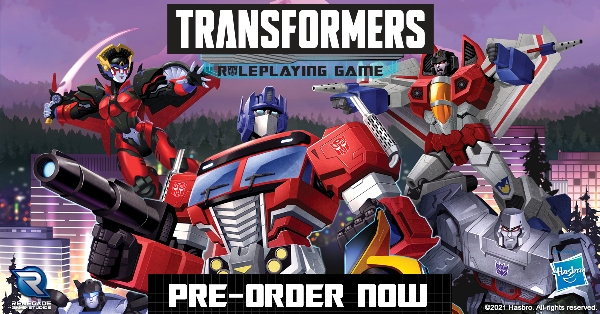Character Creation Session Haters
By Cape Rust
A good character creation session has the ability to shape and influence the success of a campaign. A good character creation session can excite your players, solidify inter-party relationships, and even give you as the GM some great plot hooks and adventure ideas. Bad character creation sessions can potentially disrupt or even destroy the gaming experience. With some forethought and a little planning, the character creation session can be almost as exciting as slaying dragons or being pursued by hungry flesh eating Reavers with an engine missing and no ammo left in any of your weapons.
There are some instances and some gamers, or even gaming groups, that just don’t care about the character creation session, or CCS. This isn’t always a bad thing and for some games, the CCS is actually detrimental. I have gamed with many folks who just want to get things started when it comes to gaming. Most of this is personality driven, but this sense of urgency can be driven by other factors as well.
I have never hidden the fact that I am a role-player, not a roll-player. I love to dialogue with other players and NPCs. I love to develop intricate backgrounds for my characters and I cherish situations where my characters’ fates are intertwined with the rest of the adventuring party. I mention this because before I started GMing, I used to view people who just wanted to get the game started (CCS be damned!) as roll-players or power gamers. Surprisingly, I was wrong…okay, me being wrong isn’t really that surprising. I have had the honor of sharing game table space with plenty of folks who don’t feel like they need a dedicated session for character creation, they just want to get started. There can be several factors behind this non-CCS mentality.
There are obvious situations like ADD, ADHD, or both. Some players like to keep mystery to their character backgrounds and feel that the CCS will reveal too much about their character. Some players like to get with their GM off-table to discuss character concepts to squeeze in as much table time as possible. If you have a CCS hater and still want to run a CCS, there are a few workarounds that can help to keep everyone happy.
The first, most obvious and blunt way to deal with the CCS hater is to tell them to STFU; grab a character sheet, a writing utensil, some dice, and a better attitude. This approach might actually work with a few of your players, but in the real world, this approach tends to alienate players and break up gaming groups. Gaming should be fun and this straight forward approach might quickly change you from GM to Fun Nazi very quickly. In my current gaming group, I have friend who isn’t a big fan of the CCS. To call him a hater would be unfair, but he really likes throwing those polys. As a GM and fellow player, I am thankful. While he isn’t a big fan of the CCS, he has a sense of teamwork and a blunt personality. Knowing this about him makes him pleasant to deal with. With him, I can use the STFU approach. He will start to whine and moan about the CCS and how much he just wants to start gaming. I respond with the aforementioned STFU and remind him that the CCS will make the game much better and make the character team much more effective. I have just addressed his sense of teamwork and met his blunt and straightforward personality with like tactics.
Telling a player to sit down and STFU is a quick fix for the CCS hater that most often will cause bigger problems in the future, but thankfully there are other methods to dealing with CCS haters that are… shall we say less harsh? A method that I have used in the past focuses on the carrot rather than the stick. I am not above bribing my CCS haters as well as the rest of my gaming group. To get those haters involved with the CCS, replace that carrot with things like character options, magical items, or even a certain number of re-rolls that can be used during the game.
I know some readers might feel like they shouldn’t have to do things like this to get someone to participate, but this is one of many real world aspects of the fantasy worlds in which we like to dwell. Another benefit of these player “bribes” is that you can often include plot hooks or develop storylines around the benefits you give your players. So here is how it might work: In my upcoming Firefly game, I am gearing up for the CCS. I have already let my surly player know that he WILL be there for the CCS, and he will participate, and he will enjoy it. The beatings will continue until morale improves! First problem solved… now I have to deal with my player who just wants to get the game going.
Actually, handling this situation is really simple. This particular player loves to play high concept characters that cherry pick several aspects from many different classes. He doesn’t want cherry pick by multi-classing (in class based games) and he isn’t a power gamer. So I take him aside to discuss his character concept. I don’t give him everything he wants, but I give him concessions and the conditions of those concessions. So we’ll say that he wants to play a starship pilot who happens to be really, really smart. Intellectual attributes are not normally associated good piloting: good piloting is usually based on coordination and reaction. To appease my player and to get him to actively participate in the CCS, I will base his piloting rolls on intellectual attributes rather than reaction or coordination. But this carrot comes at a cost! First and foremost, the player has to play my CCS game. Secondly, I will require the player to spend a certain amount of time studying piloting per day to be able to use those intellectual skills to be a good pilot. From a mechanics standpoint, the only thing I’m really doing is switching a few numbers around. Is it rules as written? No, but it works. Depending on how things go, I can make finding study materials difficult or make seeking them out as a requirement before my player can advance his piloting skills. See? Plot hooks galore!
These are just a few types of CCS haters and a few ways to deal with them. If you are running the game and you feel that the CCS is important, then make it important and make it worth your players’ time and energy. Just that a few steps back and like any negotiation in life, ensure the concessions that you are willing to make are manageable in game and in the real world. Next week, we will look at the games that do and do not lend themselves to the CCS.



